Against the backdrop of tariff pressure in the US region, more and more cross-border players have set their sights on Brazil, a hot spot in South America. Leifeng.com learned that Anke plans to invest four to five million yuan this year to test the waters in the Brazilian market. In addition, Shenzhen’s Big Sell Three States also plans to expand some product categories to the Brazilian market.
Not only that, but Tuoji has also established a separate project team to enter Brazil. “Recently, Tuoji has shipped more than ten containers to Brazil in one go,” said industry insider Zhang Yue. Tuoji is directly importing popular products that have been verified in the European market into Brazil after localization improvement and price reduction, focusing on TikTok Shop. For more insider information about cross-border sales entering Brazil, please feel free to add the author on WeChat xl120429 for communication. )
After TikTok shop made a high-profile entry into Brazil in May this year, many big sellers have settled in one after another. According to data from Moteng Venture Capital, since its launch in Brazil four months ago, TikTok Shop’s GMV has reached $46.135 million, a 45 fold increase, which even exceeds the performance of the Mexican market during the same period.
The growth rate is so fast, but the question also arises: What did TikTok Shop rely on to win this battle? Can this explosive growth continue in the future? These issues are becoming the focus of discussion in the cross-border community.
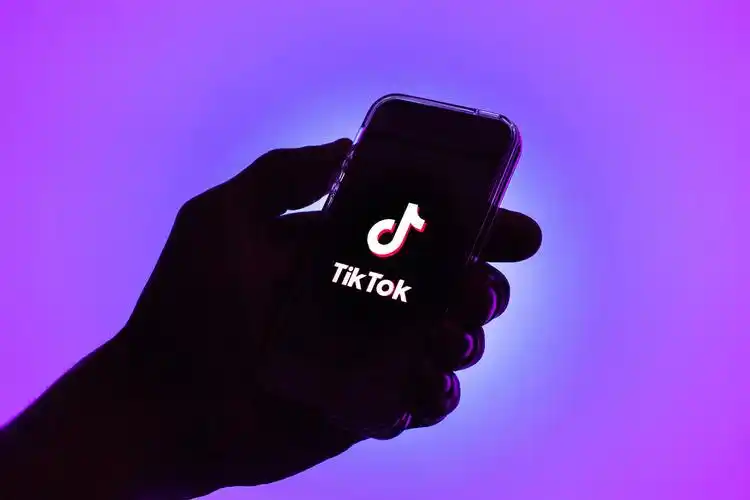
TikTok Shop’s two cards: traffic+subsidies
The reason why many sellers choose TikTok Shop is that it relies on the huge traffic pool of TikTok short videos. It and Kwai International Kwai are the two most popular short video apps for Brazilians.
In 2019, Kwai reached 7 million daily active users in Brazil, while TikTok had only about 1 million. At that time, TikTok had almost no investment in Brazil, with no servers, no operations, and no marketing budget, placing it at a disadvantage.
In order to turn the situation around, ByteDance sent a team of more than ten people to settle in Brazil and launch a strong attack mode. The core strategy is also very direct: investing money to buy volume, grabbing people, and creating content.
A source familiar with the matter revealed that at that time, TikTok users invested nearly three times more in buying than Kwai. Not only that, the platform also poached all Kwai creators at 2-3 times the price. At the same time, TikTok has signed agreements with the top 100 creators in various vertical categories on YouTube and Instagram for the second half of the year. These creators will publish short videos on TikTok to quickly fill the content ecosystem.
In just half a year, Byte invested nearly $1 billion, but Kwai’s domestic cash flow and profits could not support such a game, so it soon lost its first mover advantage.
According to data, TikTok currently has 140 million monthly active users in Brazil, with almost one in every two social media users active on the platform, and an average daily usage time of up to 95 minutes, far exceeding the global average.
The platform does not lack traffic or content, and TikTok’s development of live streaming e-commerce is almost a natural progression.
The more natural it is to do TikTok Shop live streaming in Brazil, the more you can play. ”TikTok merchant Wang Ming stated. They had a waterproof bag that hung in the store for half a month but didn’t sell much. Later, they found a local influencer to livestream their products on the beach, relying solely on natural recommendations. The livestream sold over 300 orders in just two hours.
With the support of huge traffic, more and more businesses are choosing to join TikTok Shop.
In July of this year, merchant Zhang Yue joined TikTok Shop and quickly launched two popular products, screwdrivers and blowers, both with profit margins of 50%. His strategy is also very direct: “Choose your own products, then find influencers to promote them, turn on advertising and GMV MAX, optimize ROI settings, and in this way, products that can explode will naturally explode. ”
The support provided by TikTok Shop to sellers is also very high. Firstly, merchants are free of commission for the first three months of settlement, with a maximum commission free limit of 58000 Brazilian reals per merchant; Secondly, provide freight subsidies to merchants, with a maximum subsidy of 20 Brazilian reals per transaction; Thirdly, advertising rebates, such as charging 100 and getting 20 or 30 free. Although these are small amounts of money, they are enough to relieve pressure in the cost sensitive early stages of going global
Although TikTok Shop’s market share in Brazil is still very small, relying on the potential of live streaming e-commerce and real subsidies, TikTok Shop has successfully opened a hole in the Brazilian market.
The real competition has just begun
TikTok Shop, which has just started, is currently facing significant challenges.
For sellers, although the current platform traffic is considerable, the conversion rate is generally only around 1%, and the return rate remains high. Zhang Yue candidly stated, ‘If we weren’t doing branding on TikTok Shop, the traffic would be very unstable, and this product might not sell well after a while.’. ”
Secondly, unlike Southeast Asia, the e-commerce ecosystem in Brazil is much more complex, with high tariffs and slow logistics being the two hard barriers, which are also the core weaknesses of TikTok.
At present, the comprehensive tax rate in Brazil is generally between 60% and 70%, and some products even have a tax rate of over 90%. All products entering the Brazilian market have to face complex logistics and customs clearance processes.
In this stage, it also tests the government cooperation relationship behind the platform.
Most players who can enter Brazil have capital to intervene, because Brazil is very dependent on government relations and must rely on connections to connect key links. “Industry insider Li Zhe revealed that Shopee entered Brazil earlier and has already established a network of connections, while TikTok Shop is obviously weaker in this regard. Regarding Shopee’s development in Brazil, please feel free to add the author on WeChat xl120429 for further communication. )
In addition, from the perspective of logistics cycle, the normal first leg sea freight between China and Brazil starts at 40 days, and customs clearance and final delivery will take another two to three weeks, resulting in extremely slow logistics efficiency.
In order to optimize logistics efficiency, platform warehouse grabbing has become a norm in Brazil, and the core is that the security capabilities required for warehouses are very high. At present, a large warehouse under construction in Brazil has been fiercely sought after by Meikeduo and Shopee.
Merchant Liu Dong told Leifeng.com that Brazilian police are mostly managed by organized crime groups after 5 pm, and sellers are required to pay monthly protection fees based on the warehouse area. And the local police take one day off and hire police to help guard the warehouse during breaks. They also hire police to escort the goods, otherwise it is easy to be robbed or confiscated.
At present, Shopee、 Meikeduo has built its own logistics system locally, while TikTok Shop has not launched a self operated warehouse distribution system in Brazil. The final delivery still relies on third-party logistics, which is undertaken by several domestic service providers. The delivery time is generally 3-7 days, and the stability and timeliness are far inferior to Shopee and Meikeduo.
TikTok’s other core rival Temu has also experienced astonishing growth in Latin America in recent months.
In June of this year, Temu’s daily order volume in the Mexican market also exceeded 300000 orders. According to a person close to Temu, the daily average order volume of Temu in Brazil is currently close to 50000, with strong growth in DAU and orders.
It is reported that Temu’s global sales target for 2025 is about 100 billion US dollars, with high expectations placed on Latin America. Internally, there has been an increase in manpower and investment budgets in Latin America.
To some extent, the potential of the Brazilian market is unlimited, but the challenges are also extremely difficult.
Due to the shortcomings in infrastructure, such as the complex tariff system and low logistics efficiency, TikTok Shop faces operational difficulties. In addition, with competition from multiple parties including Shopee, Temu, and local giant Meikeduo, TikTok Shop’s advantage in Brazil is not stable. To truly gain a foothold, TikTok needs to put in more effort.
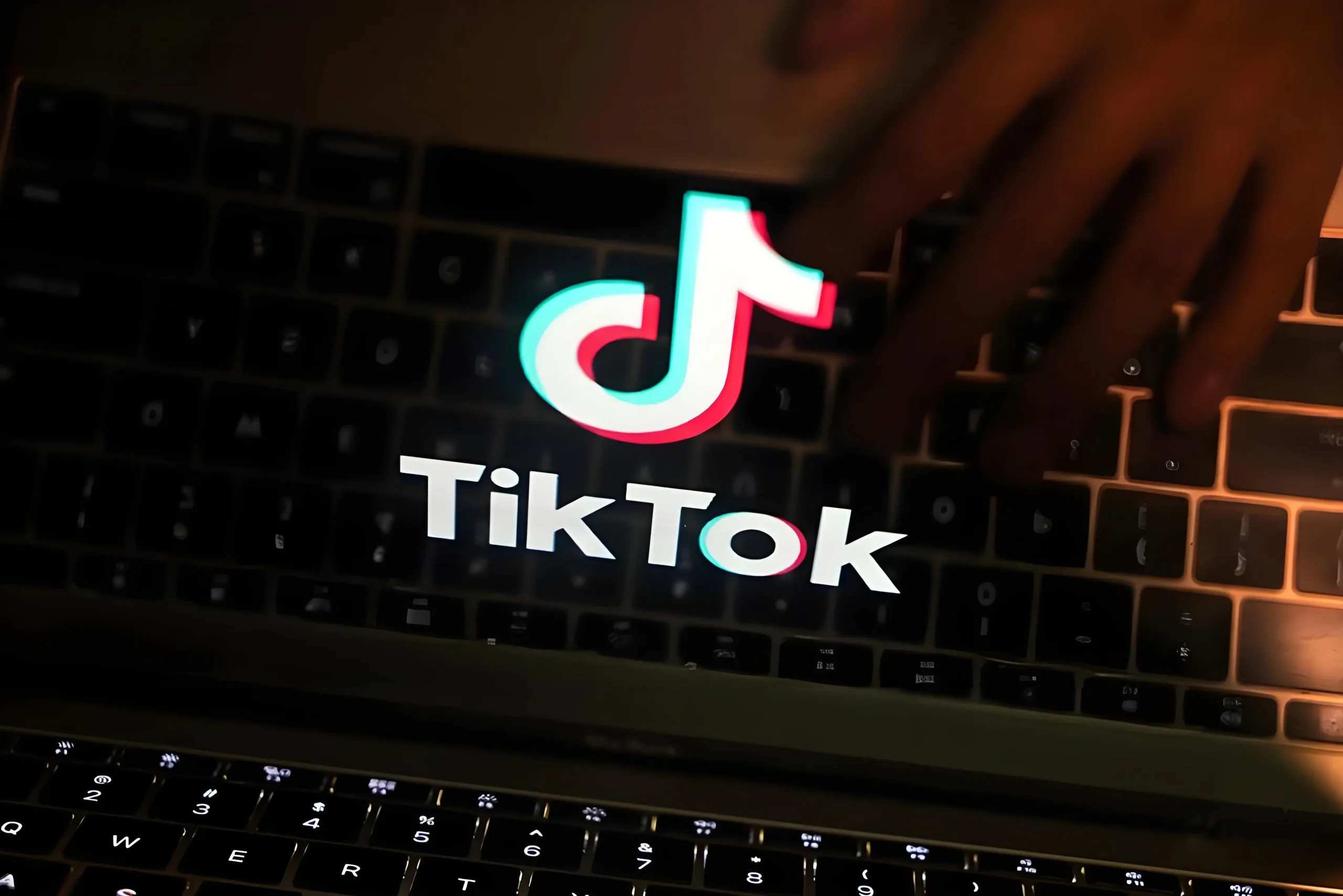

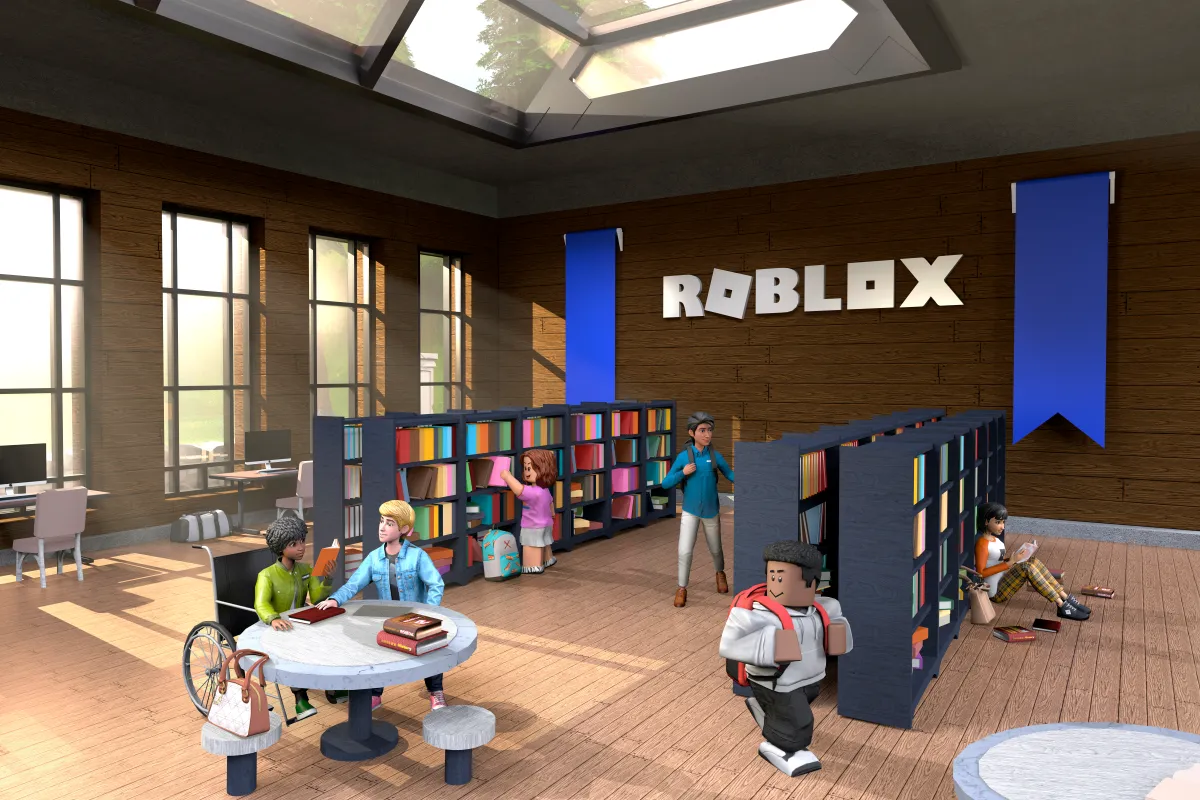






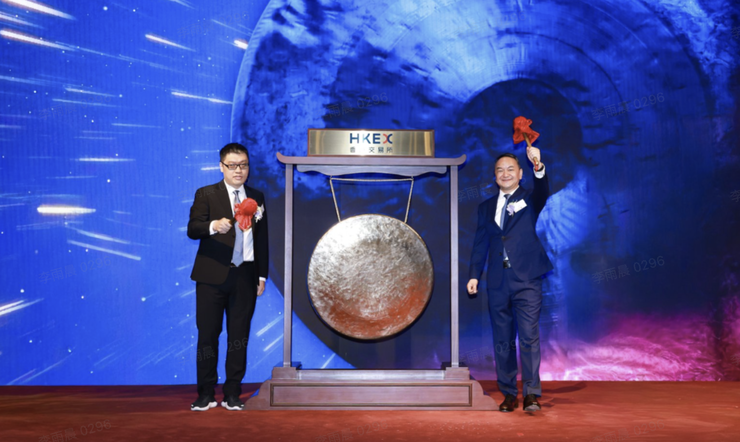

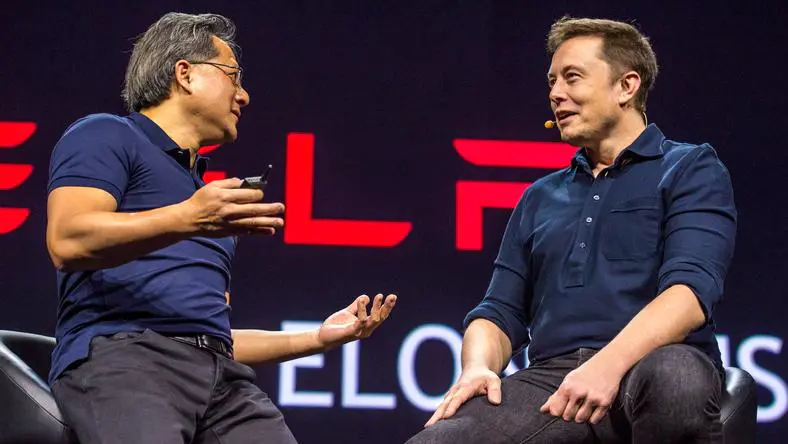
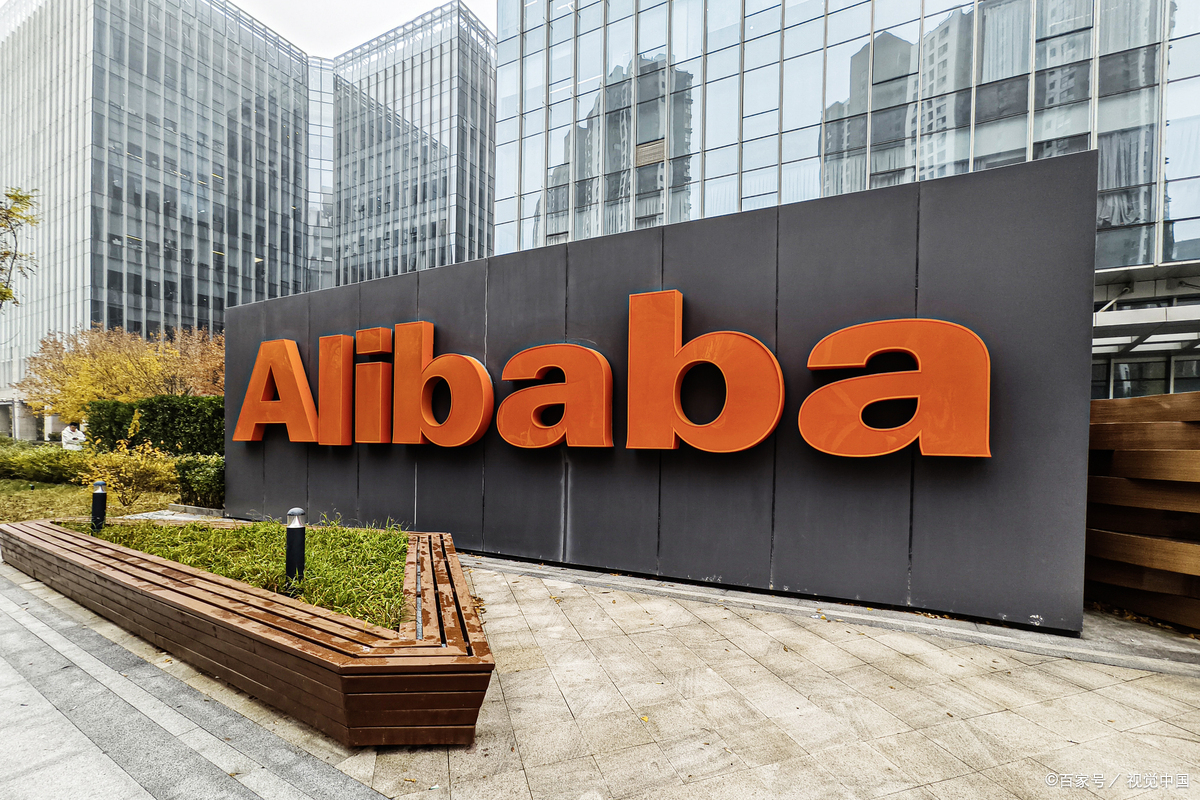





暂无评论内容